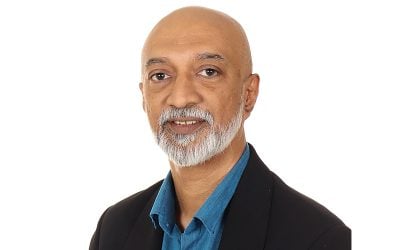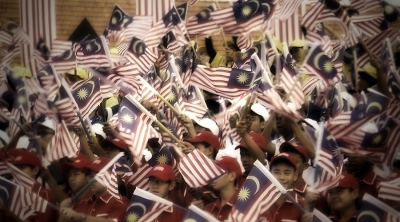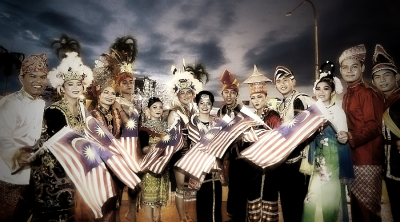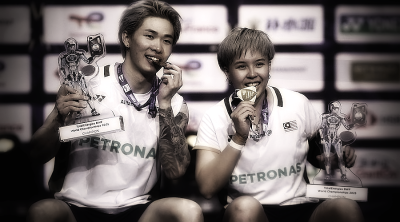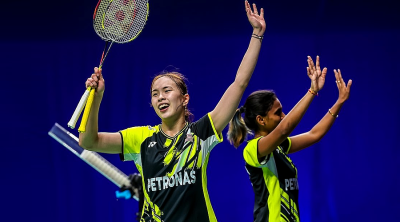
Every day, when I look out my window, I am reminded of what it means to live in this beautiful, diverse, and rich country we call home.
My neighbourhood is a microcosm of Malaysia, a slice of the delicate tapestry that makes us truly unique.
Malays, Chinese and Indians coexisting – puttering about in their sidewalk gardens, walking their dogs, pushing their newborns in strollers.
Occasionally, a hand would go up in the air as neighbours, perhaps after days of not seeing one another, stop for a quick catch-up.
Malaysia is home. Not just in the geographical sense of the word, but in its deeper, more personal context.
It’s where my roots are, where my family and friends are, and where my children will grow up.
Malaysia has given me my identity, my sense of belonging, and, most importantly, my sense of purpose. And yours too.
Of course, as in any neighbourhood, there are issues, problems, and challenges that we, as a community, must overcome.
Differences in opinions, disagreements, and conflicts are normal. Malaysia is far from perfect.
Like any other nation, she grapples with a constantly evolving set of challenges – social, economic, and political – that threaten our fragile social fabric.
All over the world, divisive politics are at the forefront of issues. This is particularly disconcerting, as it fosters an ‘us versus them’ mentality that pits one group against another.
In looking for a safe space, we find ourselves retreating into insular, exclusionary mindsets that prioritise ethnic identity over national unity.
This polarisation is further exacerbated by social issues like unemployment, which disproportionately affects certain communities, leading to frustration and resentment.
As opportunities dwindle and competition grows, this further fuels animosity between the different segments of society.
Economically, the widening income gap is another major concern. Malaysia’s wealth gap has opened up considerably, with the rich becoming richer, while the poor struggle to put food on the table.
This disparity isn’t just a financial issue – it is also a social one.
When people are left behind, ignored, or marginalised, it breeds discontent, resentment, and anger, creating a fertile petri dish for social unrest that can be easily exploited and manipulated by those who can benefit from the ensuing disharmony.
Worse, competition for finite resources – jobs, housing, healthcare, social services, education – has intensified, leading to more tensions, particularly among the younger generation.
These economic strains are not isolated; they intersect with social issues and aggravate existing divisions, widening them, and making it more difficult to foster a spirit of unity and mutual respect.
Politically, Malaysia has seen a number of seismic shifts in the power balance.
This, coupled with the challenges brought about by the pandemic, only deepened the sense of uncertainty.
Things have thankfully settled somewhat, but when viewed in totality, all these issues make the road ahead appear increasingly uncertain and deeply worrying, not just for Malaysia, but for the rest of the world.
In meeting these challenges head-on, we each have a role to play in shaping the Malaysia we want for ourselves and for our children.
It may seem insurmountable, but it’s actually not, if we get the buy-in from every Malaysian.
We can start at home. As parents and as individuals, we have the duty to pass on the right values to our children. It’s time for them to ‘unlearn’ the ‘bad’ habits that have, perhaps, seeped into their subconsciousness.
What are they? One is the tendency to be insular.
Many of us have grown up in communities where we mostly stick to our own kind, associating only with those who share our language, customs, and traditions.
While it’s natural to gravitate towards familiarity, this mindset inadvertently promotes division.
We become too comfortable ensconced in our own ‘bubbles’, and fail to see the value of integrating, of mingling with others from different walks of life, and from different social, ethnic, and religious makeups.
So, how do we overcome this? The only way is to assimilate. But not assimilation in the sense of losing our cultural, personal, and religious selves, but one where we can integrate while still holding on to our own unique identities, without fear of polarisation.
We need to break the cycle of mistrust, suspicion, and paranoia that has crept into our collective consciousness over the years.
Each one of us carries personal stories – some bitter, some painful. But these experiences, while significant, should not dictate how we move forward. And they should not dictate who we are and how we view others.
Our history has taught us important lessons – lessons we must heed if we are to create a brighter, more harmonious Malaysia.
It’s time to let go of past grievances. Yes, they exist. Yes, they matter. But, as the saying goes, ‘forgive, forget, and move on’.
It may sound like an oversimplification, but if we don’t at least try to let go of the past, we remain forever bound by it.
We can start by looking for the good in people, by focusing on what we have in common, instead of that which divides us.
The truth is, Malaysia can only be as great as we make it. And that means setting aside our personal interests and working towards the bigger picture, the common goal – a just, inclusive, and peaceful Malaysia.
This country is blessed with a variety of cultures, religions, beliefs, and traditions.
Instead of seeing these differences as a source of potential conflict, we should view them as an opportunity for enrichment, for self-awareness, for growth.
A just Malaysia is one that respects these differences, not one that tries to erase them.
Like it or not, we are all ‘stuck here’, for better or for worse. All we have is each other.
Our differences make Malaysia unique, but it’s our shared values – our love for this country, our desire for peace, and our commitment to justice – that bind us.
The Malaysia of tomorrow begins with our actions today. Let’s make it a home we can all be proud of.
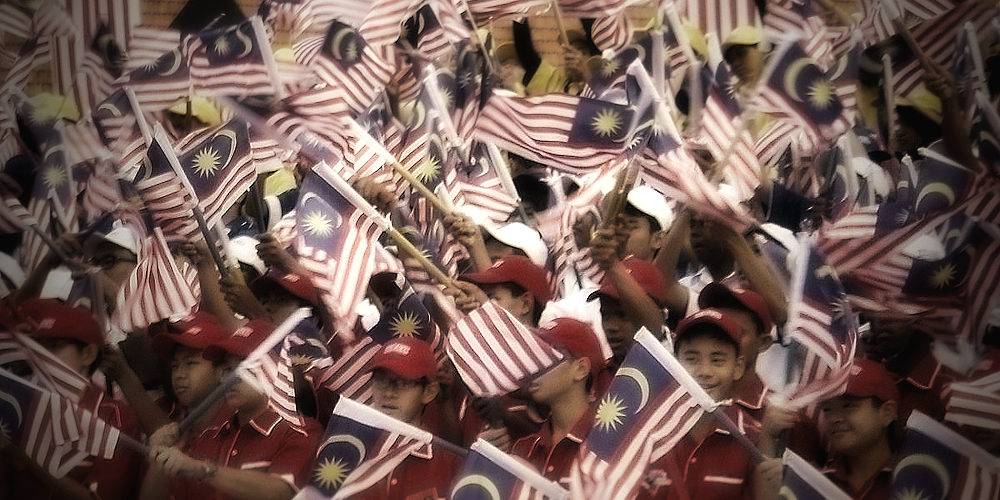
(Farrah Naz Karim is the Group Editor of New Straits Times.)
ADVERTISEMENT
ADVERTISEMENT







